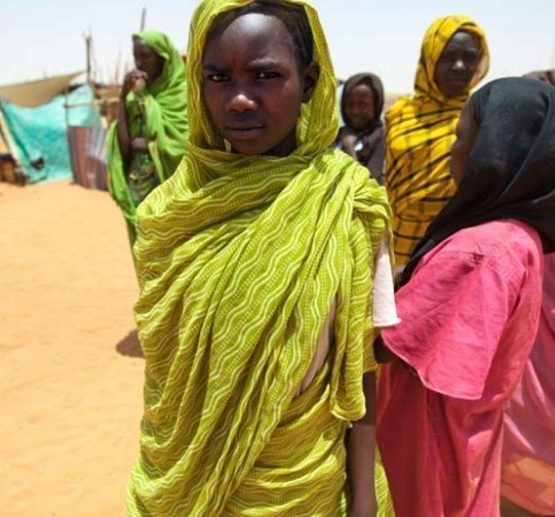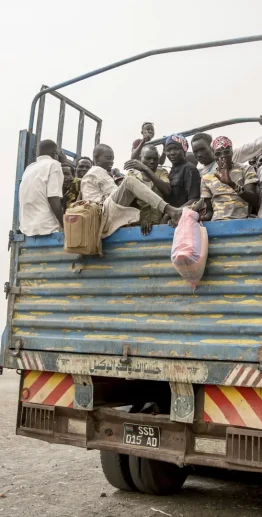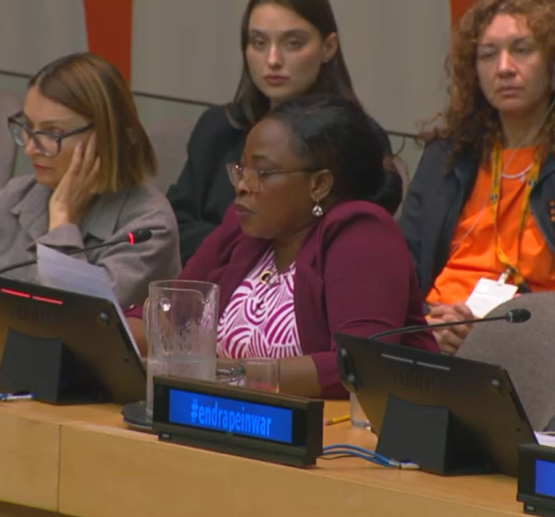On October 30, the International Committee of the Red Cross (ICRC) announced that an estimated one in four Sudanese currently face food shortages, largely driven by ongoing violent clashes, recent natural disasters, and the worsening COVID-19 pandemic.
Darfur Women Action Group (DWAG) is extremely concerned about the intensifying food insecurity of already vulnerable populations in Darfur and other areas of Sudan. Disruption to food production and access to food across the country continues to fuel widespread poverty. The international community and Sudan’s transitional government must act urgently to end violent clashes causing mass displacement and also supply crucial funds to humanitarian efforts that are scrambling to deliver vital medical and food resources to those in need.
Ongoing Deadly Clashes
Having survived al-Bashir’s systematic genocidal campaign, civilian populations in Darfur are still being displaced as a result of intermittent attacks on villages and refugee camps. The attacks destroy the food and financial livelihoods of residents, leaving them with few belongings, wiping out their homes, and forcing them to flee to displaced persons or refugee camps. Continued mass displacement also thwarts comprehensive peace in the region and puts women and girls at significant risk of gender-based violence.
Impact of Climate Change
Climate change also continues to aggravate the over-stressed resources of humanitarian efforts. The Sudan subdivision of the United Nations Office for the Coordination of Humanitarian Affairs (OCHA) recently reported on alarming displacement and disease spread following historic rains and floods. To date, more than 875,000 people have been affected by the flooding across Sudan, and an estimated 4.5 million people are at risk of vector-borne illnesses. Darfur and other affected areas have seen outbreaks of viral haemorrhagic fever (VHF), chikungunya, and malaria.
COVID-19 Pandemic
As of October 29, there were 13,804 confirmed cases of COVID-19, including 837 COVID-19-related deaths in Sudan. Prior to the pandemic, it was estimated that about 81% of people in Sudan did not have access to a health center within two hours of their home. Yet COVID-19 has forced many medical clinics to shut down, including maternal and reproductive health services, which is having a visible impact on the wellbeing of women and children. As unemployment grows, and public health funding runs dry, people’s lives and livelihoods suffer greatly.
Challenges to Disaster Response Efforts
Consequently, people in Darfur, and other affected areas, are having difficulty accessing adequate food and life-saving medical resources. Efforts at the international level, including the International Committee of the Red Cross (ICRC), the World Food Programme (WFP), and UNICEF Sudan have been spearheading emergency on-the-ground efforts to deliver life-saving medical and nutritional assistance to Sudanese people in need. Yet several large challenges stand in their way, including accessing more funds as well as reaching vulnerable populations at a time when many schools and medical clinics have shut down.
Our Demands
DWAG urges international donors large and small to increase funding to vital efforts on-the-ground, which are combating this intensifying food insecurity and inadequate supply of medical resources. The international community and humanitarian efforts must definitively prioritize the health and security of women and girls, which face unique risks as a result of displacement and inaccessibility of maternal and reproductive health services.
To address another root cause of poverty in Sudan, DWAG again urges the international community to establish an independent peacekeeping force to ensure the safety of civilians. The local militia are not only incapable of protecting civilians, but they also continue to endanger these vulnerable people’s lives. We urge the international community and the transitional government to bring all those responsible for recent attacks against innocent civilians to justice. Darfur must see an end to the destruction of lives and livelihoods, which rob an already grieving community of hope for a peaceful future.




